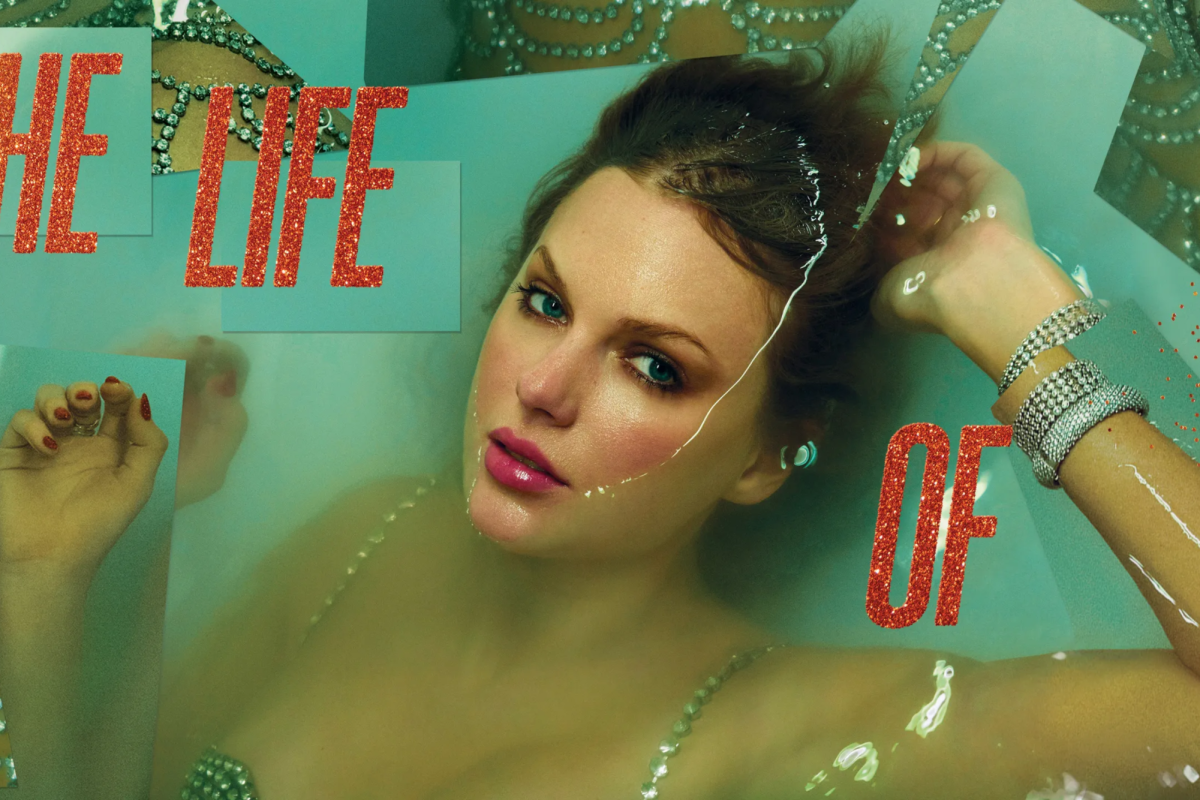Philanthropy won’t save us. Here’s why.
A political cartoon depicting the shortcomings of philanthropy and its implications on society.
February 6, 2023
Every year, countless stories praise one billionaire or another’s selflessness and altruism for their donations to charity. Yet each year, more bad actors use philanthropy more as a public relations device and a way to avoid paying taxes. Philanthropy, also known as the civil sector, is a necessary institution that can help supplement a government’s role in protecting its citizens’ welfare. However, the largest donors often seem to be more preoccupied with protecting their business interests and livelihoods than helping others. Charity should be benevolent, but powerful corporations and the wealthy have made it scummy and deceitful.
“I believe that governments should offer robust social safety nets,” senior Yuvraj Dhawal said. “One of the biggest issues that come with philanthropy is the idea that the government shouldn’t be providing for its people and rather just have other outside individuals handling those problems in uncoordinated and ineffective ways.”
Modern American philanthropy has its roots in the Gilded Age, tied most often with the works of Andrew Carnegie, an industrialist notorious for his anti-labor stance and practices. In 1889, Carnegie wrote the article “Gospel of Wealth” for the North American Review, in which he espoused that the self-made wealthy class has a duty to commit to philanthropic acts. Philanthropy has evolved greatly since then, with Americans being some of the most charitable in the world today thanks to the nation’s strong economy and a high standard of living. According to the National Philanthropic Trust, Americans gave $484.85 billion to charitable causes in 2021, and corporate giving increased to $21.08 billion, a 23.8% increase from 2020.
Although Carnegie is praised as a beacon of good philanthropy, the exploitation of industrial workers through which he garnered his wealth and power ultimately perpetuated poverty and outweighed his philanthropic acts. He was under the flawed impression that the economic system that allowed him to accumulate so much wealth in the first place was inherently good and that every American would inevitably get their piece of the pie in one way or another.
“One can look at Carnegie’s Gospel of Wealth and argue that in some ways it was very paternalistic,” said Bruce Sievers, Lecturer at the Stanford University Haas Center for Public Service. “There is some language in there where he says that the wealthy not only deserve to reap the benefits of what they have created, but they know how best to give it away to society for the greatest benefit.”
Similarly, the robber barons of the 21st century, such as Mark Zuckerberg or Elon Musk, often pledge to donate shares of their companies to charity or donate to fight a cause of their choosing while simultaneously being accused of mistreating their workers and preventing unionization of employees. Sometimes these charitable donations aren’t even charity at all.
In 2015, Zuckerberg made headlines when he claimed that he would donate the majority of his fortune to charity; in reality, he donated to a limited liability company he owned in its entirety, with the hidden intention to invest in for-profit businesses. Sam Bankman-Fried, the controversial founder of the now-bankrupt cryptocurrency exchange FTX, is a strong supporter of “Effective Altruism,’’ a movement using reason and data to do charity. He pulled a similar stunt when it was revealed that he was using customer deposits to fund risky cryptocurrency bets through a sister company, Alameda Research. The only difference in these two incidents is that one billionaire had the audacity to call it charity while the other just got caught in the act.
Given Bankman-Fried’s poor track record of financial dealings and accusations of funneling his profits to fund non-altruistic projects, such as ones to fight killer robots, there are more than enough reasons to be suspicious. In many instances involving today’s ultra-billionaires, philanthropy and charity has been used as a vessel for financial gain, whether directly or indirectly.
“Whatever money you take from the rich will not have that much of an impact because they have greater access and means of recuperating their wealth,” English teacher Andrew Seike said. “It takes money to make money.”
Aside from philanthropy, billionaires like Bankman-Fried are known to make large donations to political organizations. In the 2022 midterm election cycle, he gave $40 million to fund both Democratic and Republican campaigns. Wealth has not only become a powerful playing card in the American financial system but also has been used to increasingly influence public policy in a corporation or billionaire’s favor.
“As philanthropic gifts become larger, there is a risk that donors may try to influence what happens through organizations,” said Gene Tempel, Professor of Philanthropic Studies at Indiana University. “It is unethical for a donor to try to remake society in his or her image.”
Carnegie’s views persist in acts of philanthropy today and raise the question of how truly democratic American philanthropy really is. Before the 2008 global recession, about twice as many people made philanthropic gifts or volunteered as the number of people who voted in elections each year. As fewer people donated over time, philanthropic acts became undemocratically concentrated in fewer extremely wealthy individuals. The wealthy have a monopoly on goodwill; only willing to give it away to causes they think are the most beneficial for recipients, which often aren’t effective. The problem is that the wealthy can pick and choose which causes they deem worthy of their money and donate to them in a paternalistic manner.
One may look at this blatantly undemocratic situation and point towards utilitarian philosophy — that the ends justify the means — and claim that ultimately it does not matter as long as more money is flowing into organizations that will eventually go toward helping people in need. Given the fact that these individuals are so far removed from the actual problems that everyday Americans face, the causes that they choose to eventually donate to through their warped perceptions of life can end up doing little in terms of actually fixing the said issue.
Despite Americans having the freedom to support issues in society that they see fit, this freedom is often abused for power by the wealthy to create a perception of inferiority instead, putting more pressure on the notion that the poor somehow owe these billionaires something for their donations. A similar phenomenon occurred during the Gilded Age when urban sprawls gave way to political machines, where political bosses promised jobs, security and welfare to a community in exchange for political loyalty at the ballot box.
Philanthropy is defined as goodwill to fellow humans. As such, philanthropy should be about helping others, yet modern philanthropy seems to be more preoccupied with dodging taxes and cleaning up images. Something that would alleviate the power of big donors and their ability to mold society as they see fit, is broader participation in philanthropic acts that make it significantly harder for big donors to make gifts that are contradictory to what society actually wants to achieve through philanthropy.
“People need to recognize that philanthropy is a commitment to making the world a better place,” said Richard Marker, Faculty Co-Director at the University of Pennsylvania’s Center for High Impact Philanthropy. “It is not something only for people with a lot of money, rather it is for everyone.”






































































